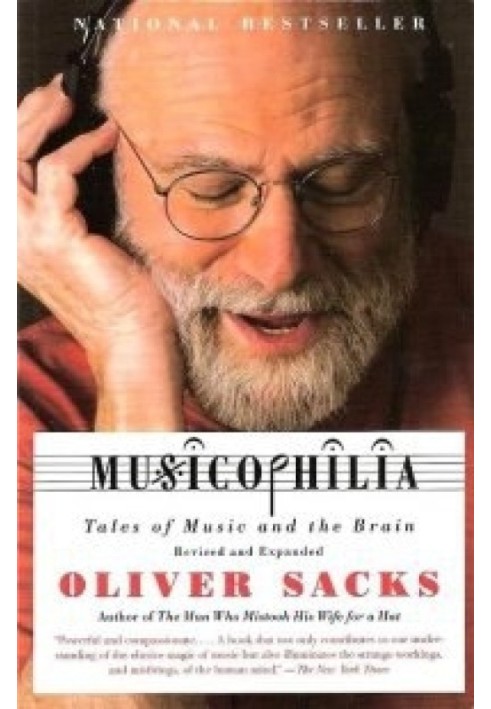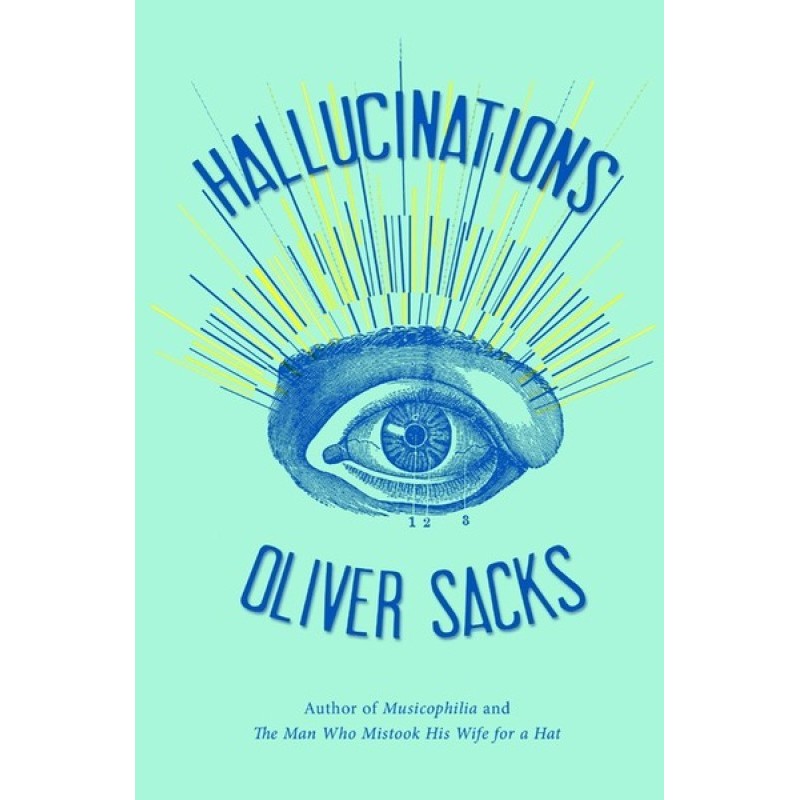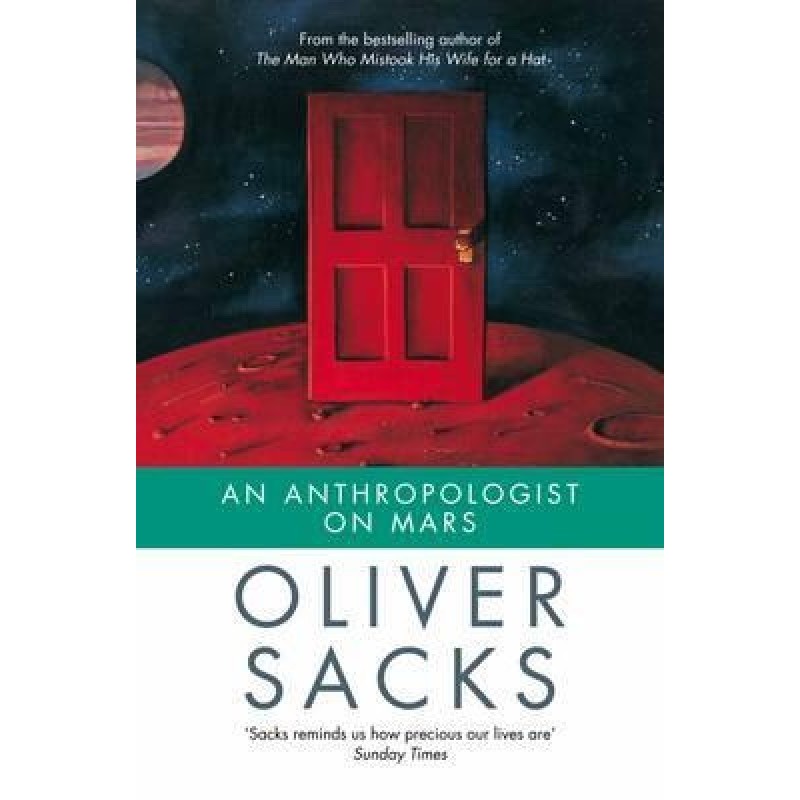Musicophilia: Tales of Music and the Brain
 Instant download
Instant download
after payment (24/7)
 Wide range of formats
Wide range of formats
(for all gadgets)
 Full book
Full book
(including for Apple and Android)
Translation: Alexey PolyarinovEditing: Margarita Savchenko
Music can transport us to the heights or depths of emotion. It can convince us to buy something, or remind us of our first love. It can pull us out of depression when nothing else can do this. She can make us dance to the right rhythm. But the power of music goes much, much wider. In fact, music affects more areas of our brains than language; humans are a musical species. Oliver Sacks's compassionate, compelling stories of people struggling to adapt to different neurological conditions have fundamentally changed the way we think about our own brains and the human experience. . In Musicophilia, he explores the possibilities of music through individual situations with patients, musicians and ordinary people - from a man struck by lightning who suddenly decides to become a pianist at the age of forty-two, to a group of children with Williams syndrome who are hyper-musical from birth; from people with "amuseia" for whom a symphony is just the rattling of pots and pans, to a person whose memory can only store seven seconds of everything except music. Music is compelling, haunting, and unforgettable, and in Musicophilia, Oliver Sacks tells us why .
“Sounds caress mortal ears, But silent music is dearer to me,” John Keats, “Ode on a Grecian Urn”[48]
Music plays in my head, Again and again and again ,And there is no end to it.Carol King.
Data sheet
- Name of the Author
- Оливер Сакс
- Language
- Ukrainian



























